If you are familiar with SEO tactics from the past several years, you are aware that every SEO expert recommends long-form content, at least 900-1500 words long.
SEO tools and gurus of all calibers even recommend 2000-3000 words, to be the ideal length for a blog article.
Do you write 2000+ words articles to win Google’s love? Here I let my imagination run wild about what the future of the SERP will look like.
Please vote in a good ol’ poll
[totalpoll id=”4387″]
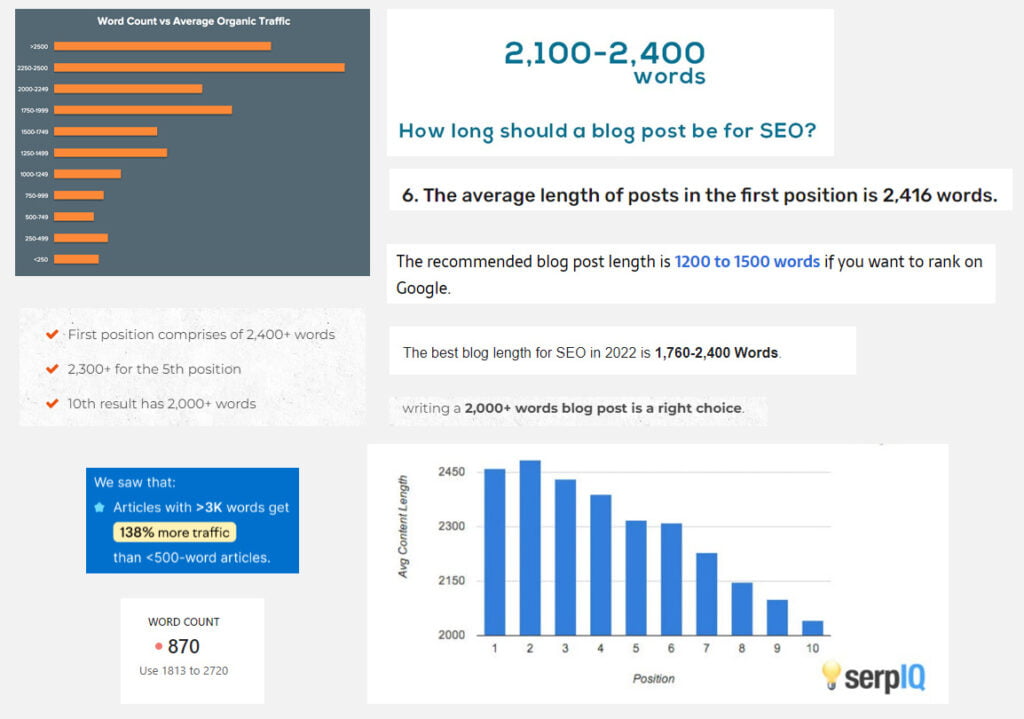
I can keep adding examples like the above for days!
Everyone is suggesting the same thing, no matter what your article is about, in modern SEO, if you want to rank on the first page, it looks like you have to take it to at least 1500 words!
And it makes sense because numerous studies are showing that Google likes long articles and ranks them higher in the SERP.
Will Google keep rewarding long-form content in the future?
Google can predict the future of the web and knows that long articles won’t be good in a few years of time. Especially if everybody starts doing it to a degree that makes it harder to find the good stuff.
Already we can see a decline in the quality of search results. And a part of the problem is these long articles that tend to rank for lots of keywords, occupying the top spots of SERPs.
Do you remember what the SERPs looked like 15 years ago? Before Google made authority the top factor for showing a website in the first page results.
We used to get mostly forum threads (like forums.digitalpoint.com?), and random fan pages, not like today’s typical big corporation websites and media outlets.
Yes, spam results are rare now, Google’s Danny Sullivan claimed they have reduced Irrelevant Search Results By 50%.
What Google is actually trying to do is show the information you are searching for without you landing on the actual website.
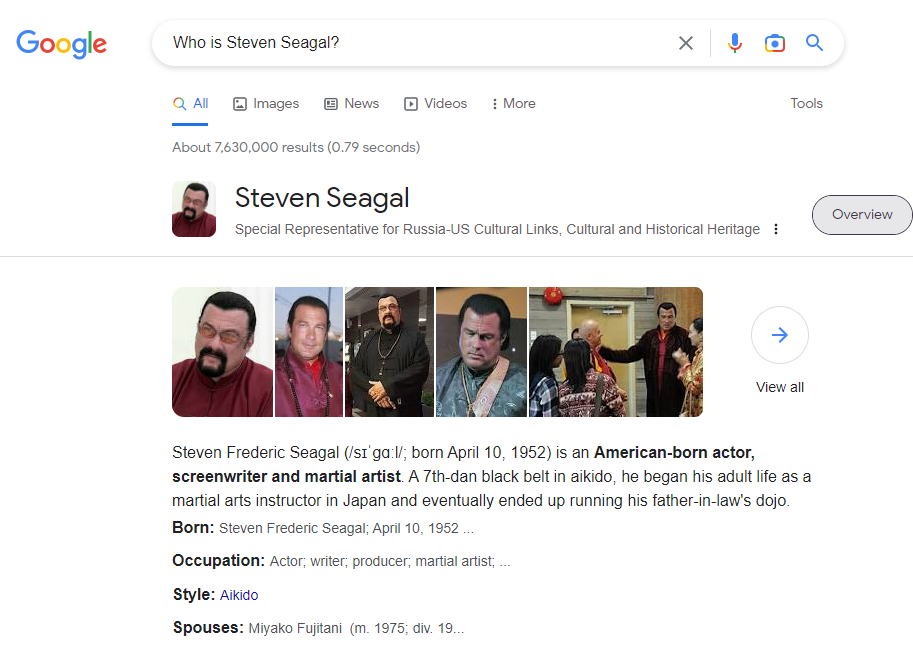
You will notice this even more in the future. These rich snippets are getting more and more detailed and accurate.
Can we think of a future where Google pulls the results from the websites and the users no longer have to click to enter the site?
It seems a dark and very pessimistic prediction from the perspective of a website owner, but let’s think about it.
As Google states in its own blog: Search has evolved along with the web, and if we trust this statement, it’s enough to stop and think about where the web is heading right now.
Can you think of any other service on the web, that hasn’t changed its core look and functionality for more than 2 decades?
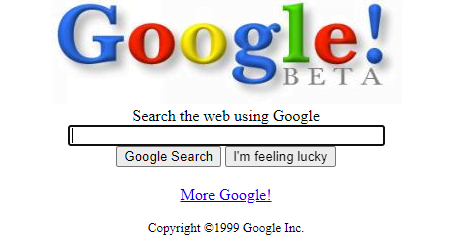
If Google can process the results and deliver them in a clear and aesthetic visual way. Without you having to enter a slow third-party website, with ads on it, with all the popups and annoying consents. If I’m a regular user I’ll never want to do extra clicks!
A study from not so long ago shows that around 50% of all searches finish without any additional clicks (no-click searches).
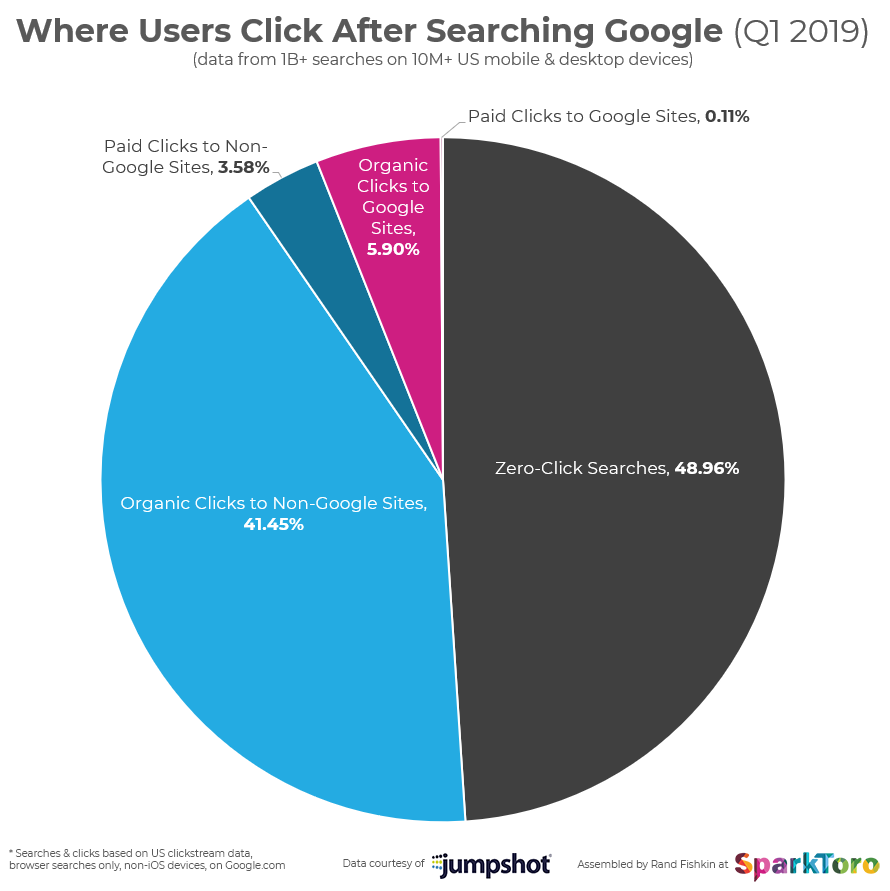
In other words:
A: the user finds the relevant information right away (from the rich snippet)
B: The results they get have nothing to do with their search terms
And the simple answer to why this is happening maybe lies in the way we live in general – everyone is in a hurry today. We race to the final result, we can’t put our time to study and research.
The Rise of AI
Chatbots like ChatGPT from OpenAI will also change the way we think about searching the web in the future.
And according to recent news, Google feels threatened by this new tool and its powers.
How does the average user feel about long content?

Copywriters and content marketers writing for other professionals is one thing. Explaining to a normal user what is the key combination for taking a screenshot on their phone, in 3000 words is a completely different beast.
In my fantastic photoshop example above – “How to open a door”. I’m sure marketers can approach even this question from 8 different angles, and come up with 2500 words answer + a buyer’s guide for choosing the best door handle.
If I have to choose the rules, every “How to” blog post would include no more than 2-3 paragraphs. Sometimes even 2-3 words and a pic, yes one picture is needed from time to time!
Bo – 2022
Maybe I simplify this a lot, but at least it’s better than a 2000-word post on how to use a vacuum cleaner in 2022 (that’s a real-world example).
Longer posts really can go in-depth on the topic, but we simply can’t use them in every situation.
Long articles and do people actually read them?
Here comes the best answer to all questions – it depends!
Different user groups have completely different goals and attention spans.

1. TikTok-ers
On one side we have the new generation of TikTok users and IG reels, breastfed with 5-sec content. Anything longer or less action-packed is just not good enough for them.
I can’t imagine a 16-year-old kid, spending 10 minutes reading an article, no matter how well is structured or written. Even if their life depends on finding the answer somewhere in it.
I’m not even sure if they still use Google search.
2. Busy working people on smartphones
These users are often just opening their phones to kill time waiting for the bus on the way to work.
Even if they do a Google search to find an answer to something, they will probably click the first result (even if it’s an ad) and scroll to it really quickly to find a relevant heading or image, which answers their query.
3. Professionals in the digital sector
These people know how stuff works. They understand the process, they know how keywords work, they understand the algorithm and what is the purpose of every piece of content they face.
These people won’t read your perfect SEO-optimized article with 22 headings and 9 internal links. They will know if this article is worth it or not within a few scrolls.
4. The rare breed of learners and seekers
Hidden in the shadows of social feeds and 15-sec videos, there still lives a rare breed of online users.
They might even use the “Bookmark this page” function for later use. Or search old forum topics and start new ones, just to find more specific information. If you write well, they will read your article!
Let’s finish this on a high note
I might seem pessimistic and negative about the long articles, and the future of Google search, but I’m still obeying the rules for now.
The proof is that this article is currently 1099 words long, which is a great achievement for me.
And if Google changes its algorithm and makes it rewarding for the honest, short, and no BS content, I’ll wait my turn to claim that SERPs.
Until then, grab a big cup of coffee, and let’s start working on the next long article.
Disclosure: Some of the links on the page may contain a ref code (affiliate links), that tells the other side that we have sent you. If you liked what we suggest and you make a purchase, we may receive a commission.

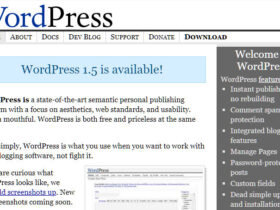







Hey man, amazing content! Are you writing it by yourself? and what is motivating you to do this?
And one more question: which theme are you using on this website?
Thanks!
Hi, Lee. Yes, I’m writing it myself, mainly just because I enjoy writing. Ranking on Google is another thing that motivates me :D. As for the theme we are using, it’s called Pixwell.
Cheers!